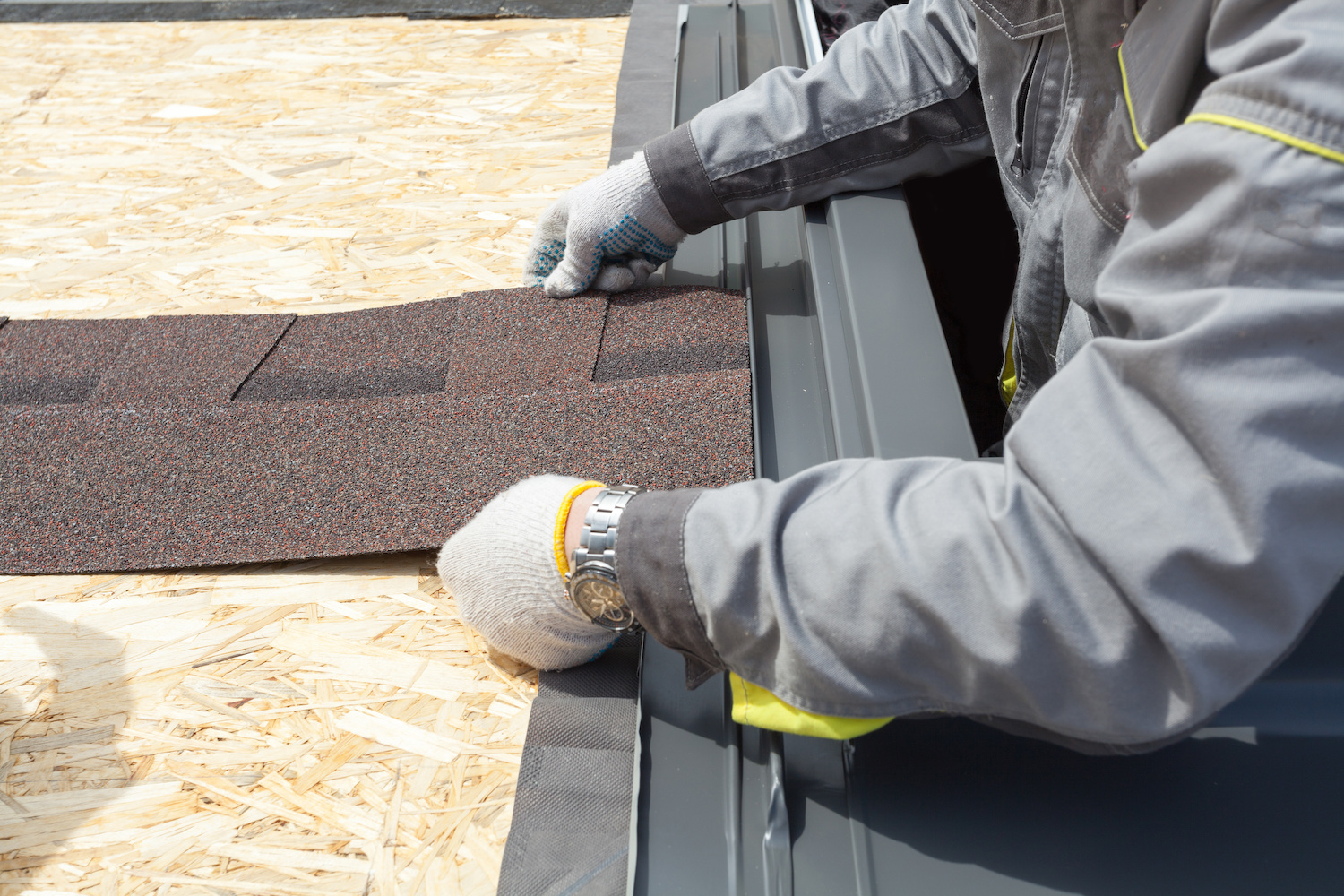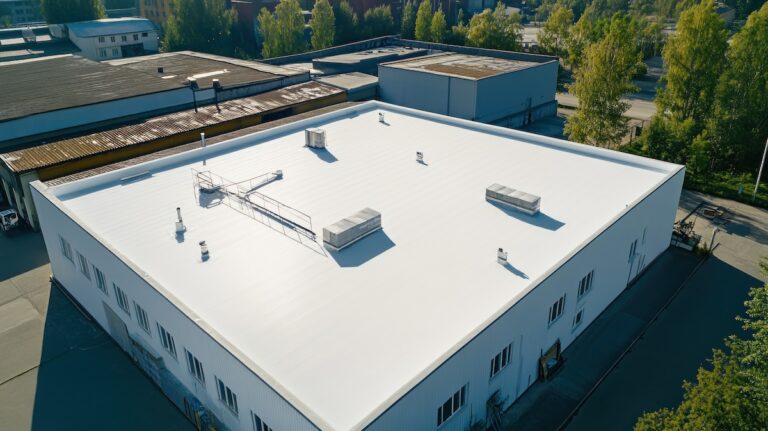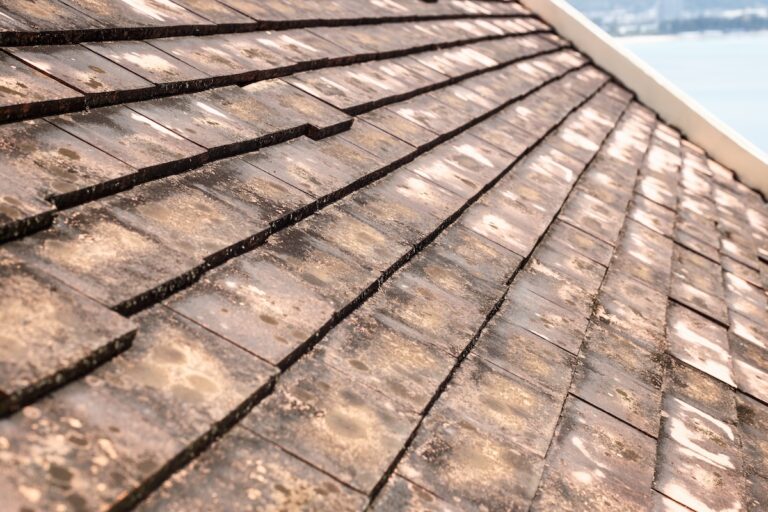Thinking of replacing your roof? If so, you’ve probably wondered, “How much is a permit for roof replacement?” Permit costs can vary depending on your location, project size, and type of roofing work. Surprisingly, this often-overlooked aspect of roofing projects plays a key role in ensuring your updates meet local safety codes and regulations.
This guide will help you understand the costs involved, why permits are essential, and what factors may affect the price.
What is a Roof Permit?
A roofing permit is an official document that gives you or your contractor permission to perform roof replacement or repairs while adhering to local building codes. Permits ensure that any work completed on your roof meets safety and compliance standards, protecting both homeowners and their property.
Now, for the question on everyone’s mind: how much does it actually cost? The cost of a roof replacement permit depends on several factors. Read on to discover the top five things you need to know about roofing permits and their costs for 2025.
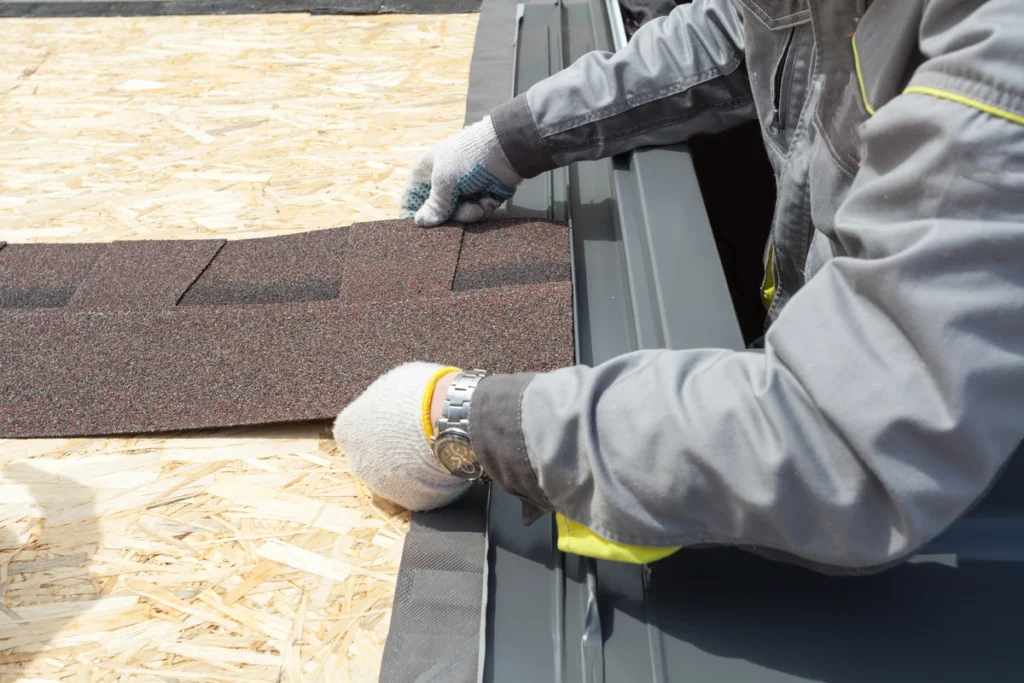
1. How Much Does a Roof Replacement Permit Cost in 2025?
The cost of a permit for roof replacement ranges from $150 to $500 on average. However, this can vary widely based on the following factors:
- Location: Municipalities in large urban areas often have higher permit fees compared to smaller towns.
- Project Size: A permit for a small-scale repair may cost less than one for a full roof replacement or a sizeable roofing project on a commercial building.
- Permit Type: Some cities charge flat fees, while others calculate costs based on the square footage or valuation of the project.
It’s always a good idea to check with your local building department for the most accurate and up-to-date costs specific to your area.
2. Why Do You Need a Building Permit for Roof Replacement?
Obtaining a permit for roof replacement isn’t just about following rules—it also provides tangible benefits, including:
- Compliance with Local Codes: It ensures that your roof replacement complies with safety and construction standards.
- Safety Assurance: The permit process mandates inspections during and after the project, verifying that the work is completed safely.
- Property Value Protection: A permit acts as lawful documentation, reassuring future buyers about the quality and compliance of the work done.
- Avoiding Penalties: Performing work without a permit can lead to fines or even the need to redo the project entirely.
Permits are particularly critical in areas prone to extreme weather, such as hurricanes, fires, or heavy snowfall, where compliance standards are stricter.
3. When is a Permit Required for Roof Replacement?
Whether or not you need a permit for your roofing project largely depends on the nature of the work and where you live. Here are some common scenarios:
- Structural Repairs: If your roof has sustained structural damage (from storms, fallen trees, or long-term leaks), a permit will almost certainly be required.
- High-Risk Areas: Homes in high wind or fire-prone zones must meet stricter safety requirements. A permit ensures compliance with these specific codes.
- Reroofing Projects: Major reroofing, whether replacing the roofing material or adding new layers, typically requires a permit, especially if the weight of the materials may impact the building’s structure.
For minor repairs like fixing shingles, a permit may not be required. Always confirm details with your local building authority.
4. Hidden Costs to Consider
It’s important to plan for potential additional expenses that may arise while acquiring a roof replacement permit:
- Inspection Fees: Some jurisdictions charge separate fees for site inspections, which may be required before and after the work.
- Engineering Reviews: Projects with structural repairs often require an engineering assessment, adding to the overall costs.
- Plan Revision Fees: If your submitted plans aren’t approved the first time, you may need to revise and reapply, potentially incurring extra charges.
By working with a knowledgeable roofing contractor, you can minimize unexpected costs and ensure a smoother permitting process.
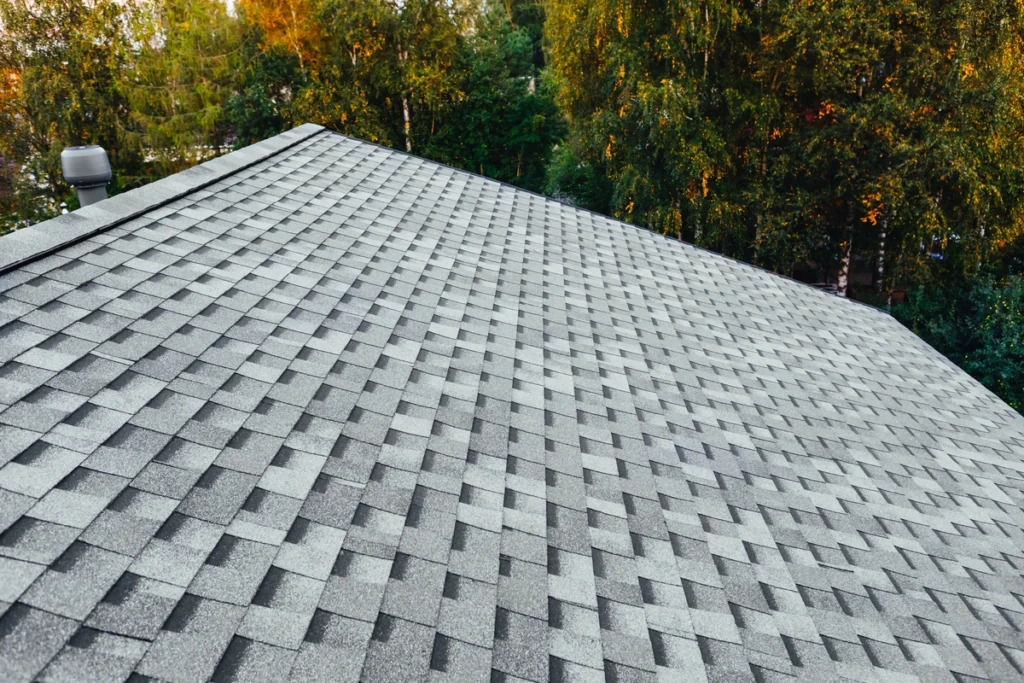
5. How to Get a Roof Replacement Permit
Here’s a simple step-by-step guide to obtaining your roofing permit:
- Step 1: Contact your local building department for permit application requirements. This usually involves providing details about your roofing project, such as the scope of work, materials to be used, and project timeline.
- Step 2: Submit your plans and pay the required fees. An inspector may review your submission for compliance with local building standards.
- Step 3: If all details align with code, your permit will be issued. Keep it visible on-site during the project for inspectors to verify.
DIY Roof Replacement vs Professional Installation
While applying for a permit yourself is possible, hiring a licensed roofing contractor is often the better choice. Contractors handle the paperwork, understand local codes, and ensure the correct materials and methods are used. This can save you time, frustration, and potential costly mistakes.
Attempting a DIY roof replacement may lead to safety risks, quality issues, and violations of local codes—issues a professional can easily help you avoid. Additionally, roofing contractors often bundle permit costs into their overall pricing, simplifying the process for homeowners.

Advantages of Getting a Roofing Permit
Still questioning if a permit is worth the cost? Here are the benefits of obtaining one:
- Ensures compliance with building codes, reducing safety risks.
- Safeguards against fines for non-compliance.
- Prevents errors by ensuring the job meets industry standards.
- Enhances resale value with documented proof of lawful work.
- Provides peace of mind knowing you’re working with certified professionals.
We’re Here to Help!
Understanding the permit requirements and costs for roof replacement is essential for a smooth, hassle-free project in 2025. While permit fees may seem like an added expense, they help protect your home, ensure safety, and increase property value in the long run.
Need help navigating the process? Our experienced team can guide you through acquiring permits and completing your roof replacement seamlessly. Contact us today for expert assistance on your roofing project!
